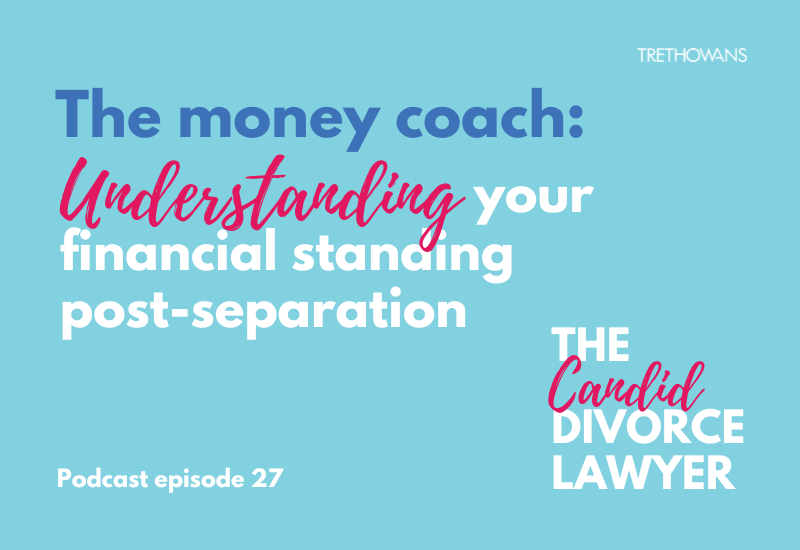- 13 Jan 2021
- •
- 2 min read
Think like a Judge

Contrary to popular belief, there is no requirement to attend Court to deal with the finances when getting divorced. In fact, it is often a last resort when you cannot reach an agreement. Judges, along with other legal professionals, will encourage you to reach an agreement. Many people wish to have ‘their day in Court’ but more often than not, this does not turn out to be quite how they imagined it.
In financial proceedings, the judge will not be particularly interested in how each of you have behaved and the reasons for the divorce as set out in the petition; the divorce and financial proceedings are dealt with separately. In fact, the Judge in the financial proceedings will only take into consideration behaviour if it is considered sufficiently serious and it has had an effect on your financial positions. An example of this may include racking up extreme gambling debts or committing fraud.
Attending Court to resolve the finances can prove costly and it is important to consider the balance between the capital available to the couple and the cost of legal fees.
If an agreement is reached as to the finances, through solicitors, mediation or otherwise, a consent order can be drawn up and submitted to the Court for approval. Whether the finances are decided by consent or through financial proceedings, the Court will take into consideration all the circumstances of the case and what is fair in your individual circumstances.
The starting point for the Court is whether there should be an equal sharing of assets between you. The Court will apply certain criteria to ensure that the end result is fair to you both, there are a number of reasons why it may be appropriate to depart from equal sharing. Your solicitor will be considering these factors from your initial appointment and it may also be useful for you to bear them in mind.
The key considerations of the Court are:
- The welfare of any children of the marriage
- Your respective ages and health, and the duration of the marriage
- Your respective incomes
- Your respective earning capacities, property and financial resources
- Your respective financial needs, obligations and responsibilities
- Your standard of living before the breakdown of the marriage
- Any financial or other contributions made by either of you such as looking after the home, premarital assets and inheritance
When a relationship breaks down, nobody ‘wins’. It is important to understand from the outset that the outcome, particularly in respect of the finances, should be one that both of you can live with and that will enable you both to move on with your lives. You may already have an idea of how you would like the finances to be divided but there often needs to be a degree of compromise. The outcome should be one that takes all the circumstances into account and is fair in the eyes of the Judge.
Please contact one of our Trethowans’ Family team today on 0800 2800 421 or contact us here.





